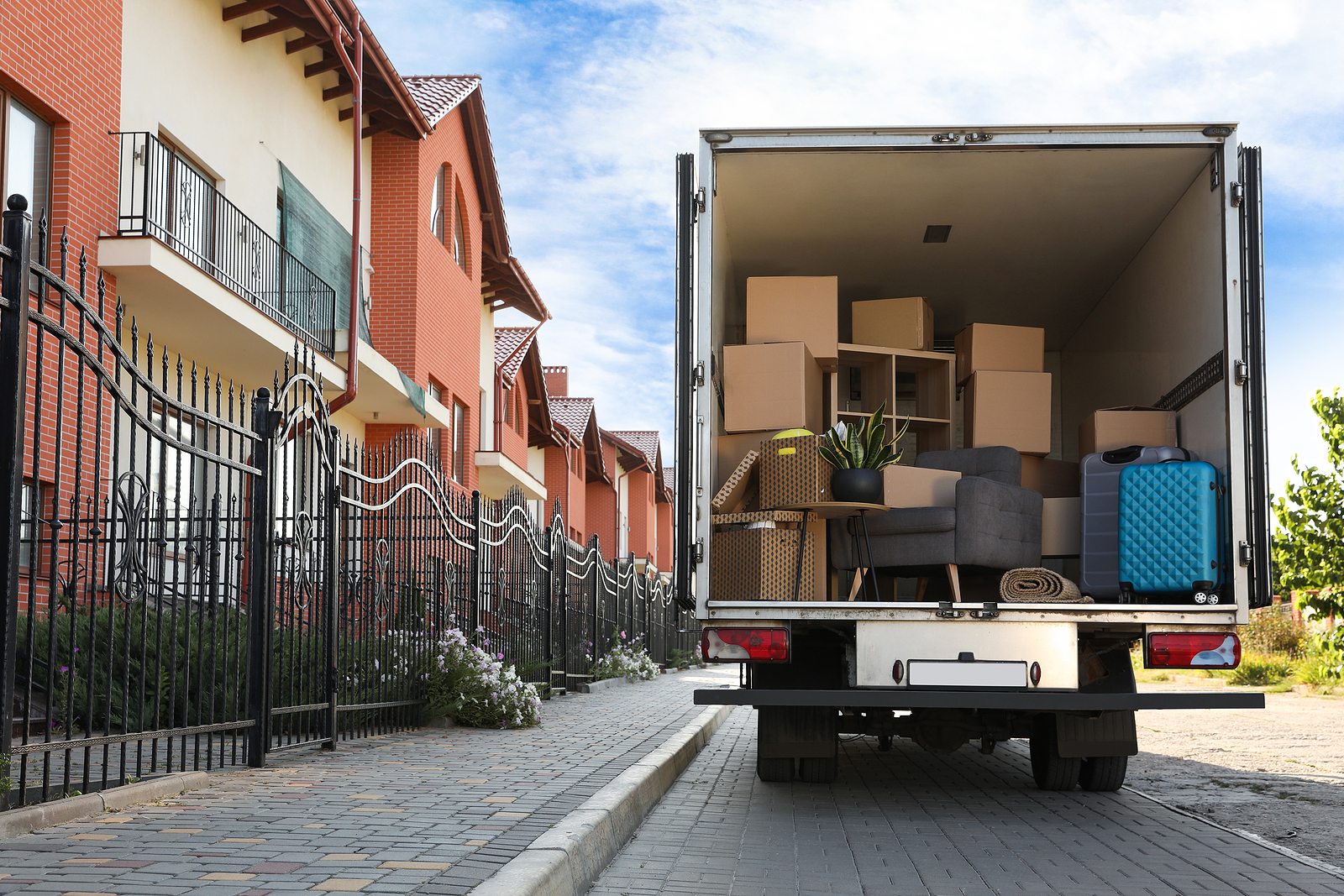What if we told you that you should fear not the big-box retailer that is rumored to be eyeing that vacant parcel near your neighborhood as a new location?
Sure, it might bring a lot more traffic to the area and, if you live right across the street, you may be kept up at night with the additional noise from the delivery trucks, but would it be worth it if that retailer helped boost your property value?
I thought it might be fun to take a look at some of the things that boost home values that might surprise you.
The Big-Box Effect
ABC News actually calls this one “The Walmart Effect.” Critics of Walmart have been trying for years to prove that when the retail giant moves into a neighborhood, property values plummet.
Guess what? It’s just the opposite.
A study from the University of Chicago and Brigham Young University finds that the when Walmart moves into a neighborhood, home values actually increased as much as 3 percent for homes within 0.5 miles of the huge retailer and up to 2 percent for those located 1 mile from the store.
Then, there’s the “Whole Foods Effect.” While it may not directly cause values to rise it does set in motion a whole slew of events that eventually gentrifies the run-down neighborhoods in which they choose to build.
Why?
Several reasons, but chief among them is that “… proximity to a store like Whole Foods, often thought of as more high-end than other grocery stores, adds an air of prestige to a neighborhood,” according to Dana Schulz at 6sqft.com.
She goes on to cite an example from Detroit, Michigan.
On 2013, Whole Foods opened a store in downtown Detroit. “In 2009, the median home sale price here was $19,000. By 2015 [just two years after Whole Foods opened the store], it had skyrocketed to $80,000. And during this same time period, the median home price throughout the entire city quadrupled.”
Naturally, it’s not an overnight occurrence, Schulz cautions. But if you’re planning on being in the home for the long haul, don’t let news of a big-box store opening nearby dissuade you from buying that house.
I See Dead People
This one always throws folks for a loop. “Homes less than 50 feet from a cemetery sell for more money per square foot than homes farther away,” say the findings of a study commissioned by a national real estate chain.
The downside is that these homes sit on the market longer, but when they eventually do sell, they tend to bring in a higher price than homes located further from the cemetery.
In fact, the study broke down the prices of homes according to their proximity to graveyards. Those within 50 feet brought in the highest prices and prices went down until the 1,000 foot mark where they shot back up to be equal to the first category.
So, if you can’t buy within 50 feet of a cemetery, make sure the home you do buy is at least 1,000 feet away.
While these location-related value boosters may be surprising, something like a new garage door or roof may have a bigger impact on the value of a home.






 EN
EN
 ES
ES